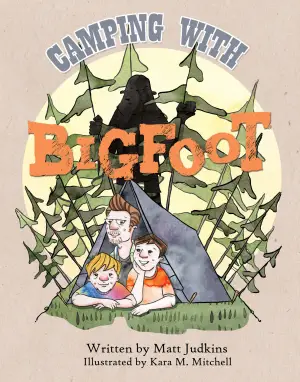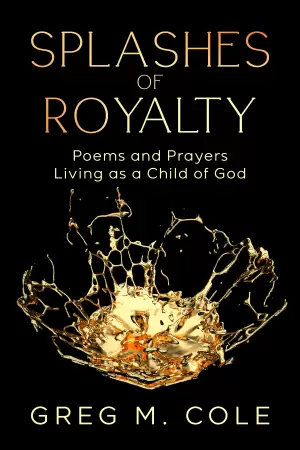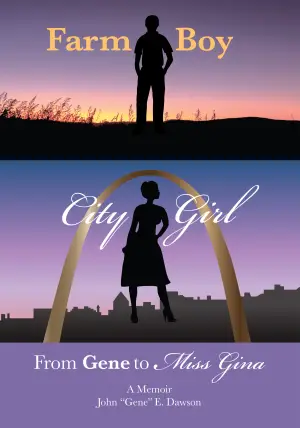A City on Mars: Exploring the Cosmic Frontier with a Mixed Bag of Insights
As a devoted aficionado of all things space-related, the title "A City on Mars: Can We Settle Space, Should We Settle S…" caught my eye like a swirling galaxy. The promise of delving into the practicality of interplanetary colonization sparked my curiosity, especially with the endorsement of astronaut Tim Peake, who boldly states, "It is no longer a question of if we will colonize the Moon and Mars, but when…" Written by Kelly and Zach Weinersmith, a dynamic duo of science and humor, this book offered an intriguing invitation to envision life beyond Earth.
However, despite my excitement, my experience with the book turned out to be a mixed bag. The authors’ vibrant and lively writing style initially drew me in, with an engaging tone that hints at the universe’s whimsical quirks. The Weinersmiths, a married couple, bring together Kelly’s scientific expertise and Zach’s cartoonist flair, which promised a blend of clarity and levity. Yet as I ventured deeper into the prose, I found the humor they employed occasionally veering off into the realm of grating, rather than enlightening. Humor can be a delightful vehicle for information—think Bill Bryson—but here it felt hit-or-miss. Perhaps it was the animated narrator of the audio version that amplified this discomfort for me.
What struck me most was the ambitious nature of their inquiry. The authors seek to clear misconceptions about space colonization while presenting a grounded view of its feasibility. They tackle significant challenges: the perilous radiation in space, the absence of fossil fuels on Mars, the daunting effects of low gravity on human health, and the communication delays between Earth and our neighboring planet. I appreciated their frankness; for instance, they candidly relate how “leaving a messy room to live in a toxic waste dump” perfectly encapsulates the reality of Mars. It’s jarring but effective—who wouldn’t pause to reconsider their daydreams of Martian cities?
However, despite my enthusiasm for these critical insights, I found the length of the book—628 pages!—to be overwhelming. While the first half propelled my intrigue, the latter half dragged. My attention frequently wavered, and I couldn’t help but think that a more concise presentation might have made for a more impactful read. After lengthy discussions, I felt like I was getting lost in technicalities, yearning for the authors to come up for air.
Ultimately, "A City on Mars" is rich with information and clearly well-researched, yet it falters in pacing. I wanted to emerge from its pages inspired and dreaming of the stars, but I often found myself wading through clouds of detail. I landed on a somewhat generous rating of 3 stars, recognizing their earnest attempts to foster a lively dialogue about an essential subject.
This book may resonate with fellow space enthusiasts, science buffs, or even skeptics open to contemplating the audacious dreams of our future. It offers a wealth of knowledge paired with moments of humor that, while not always effective, reveal the authors’ passion for the cosmos. For me, it’s a reminder that while the expanse of the universe is filled with possibilities, our journey there is laden with complexities that deserve our contemplation. Whether or not we will settle Mars may still be an open question, but "A City on Mars" offers a thoughtful roadmap that might just light our way. Happy reading!
Discover more about A City on Mars: Can We Settle Space, Should We Settle S… on GoodReads >>












